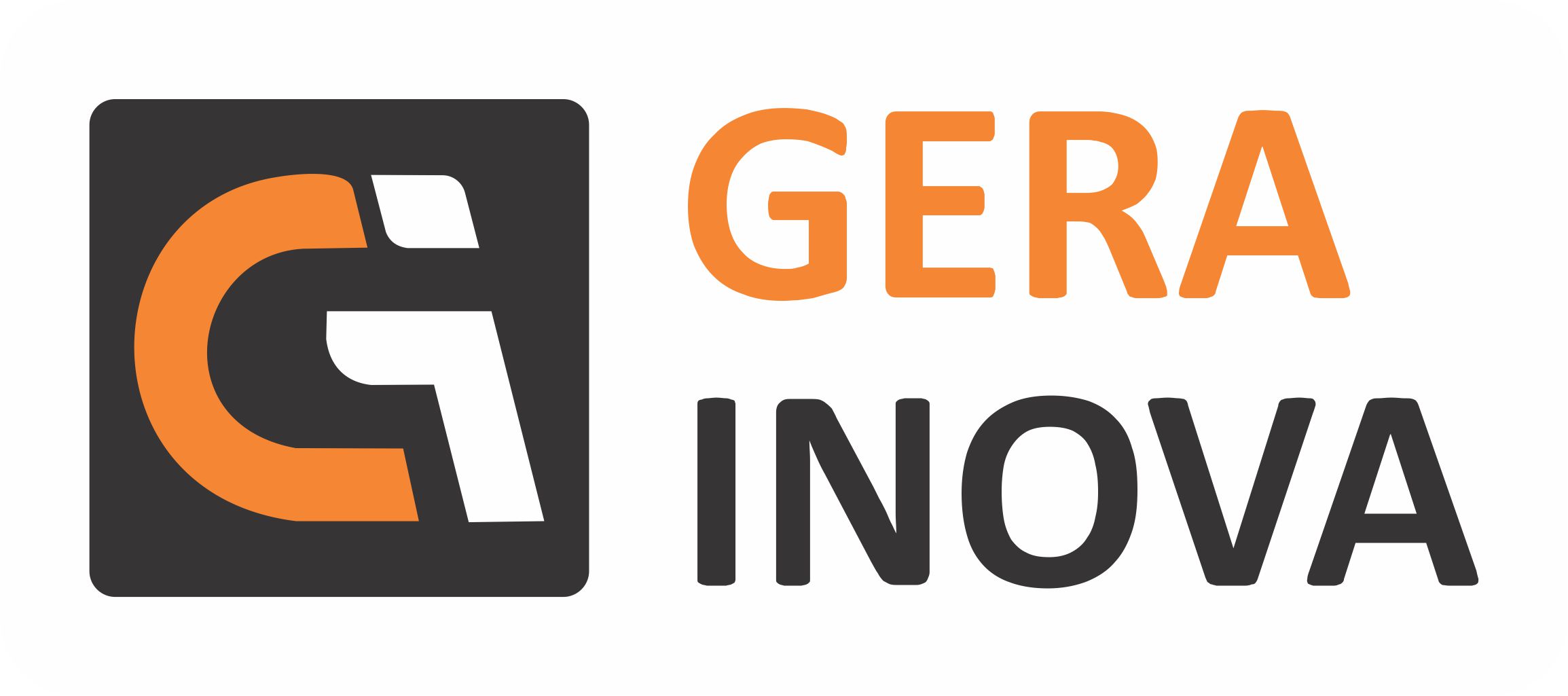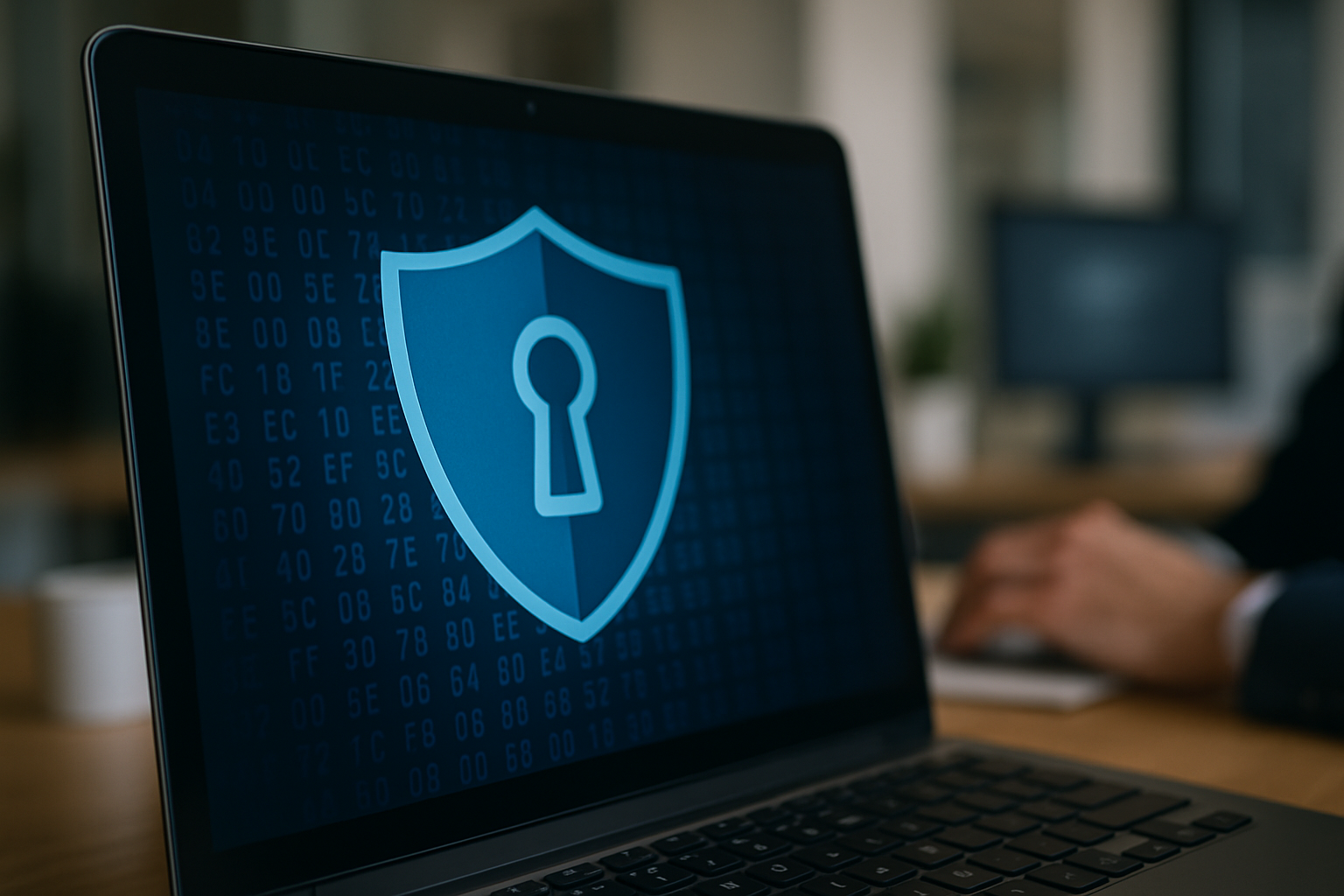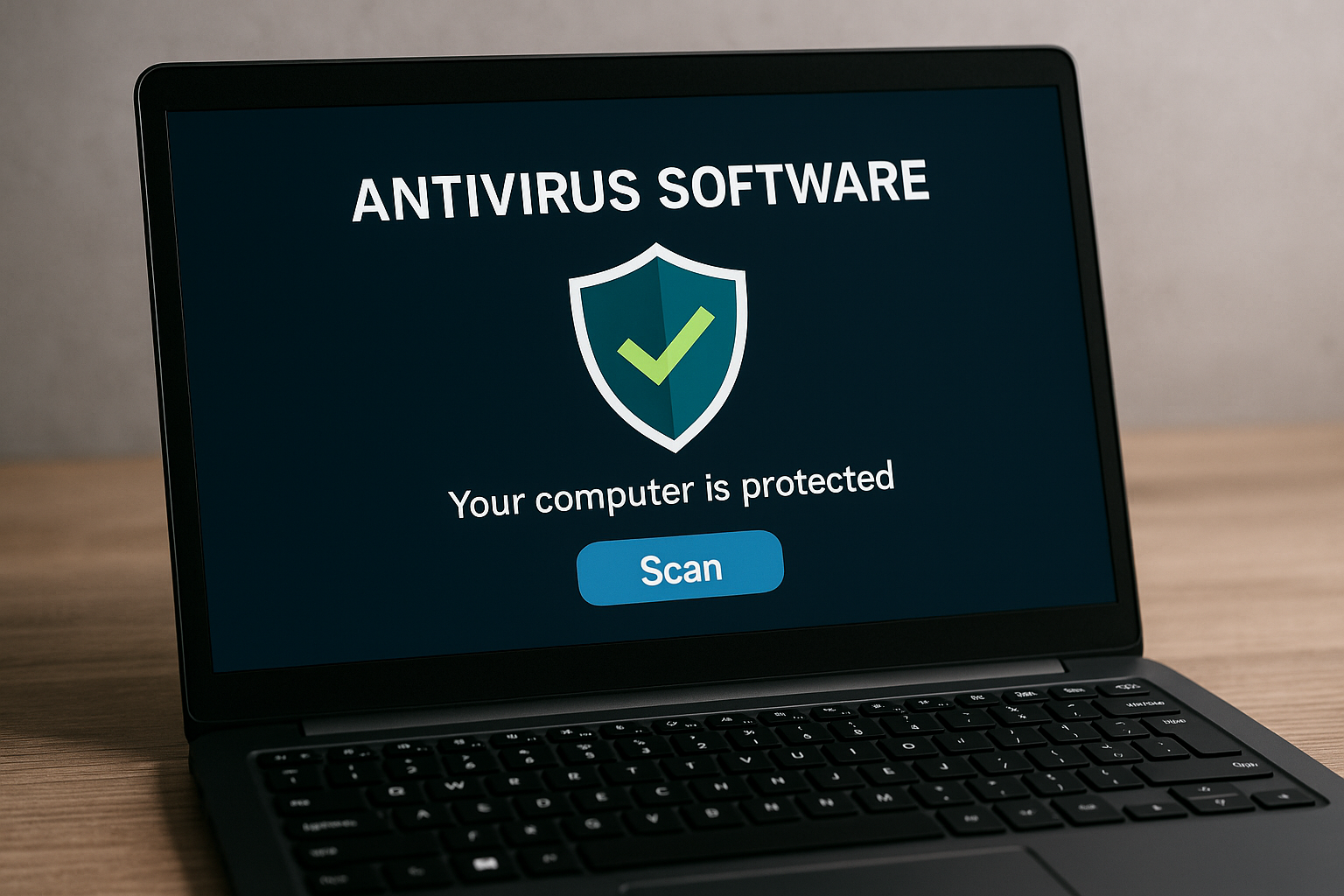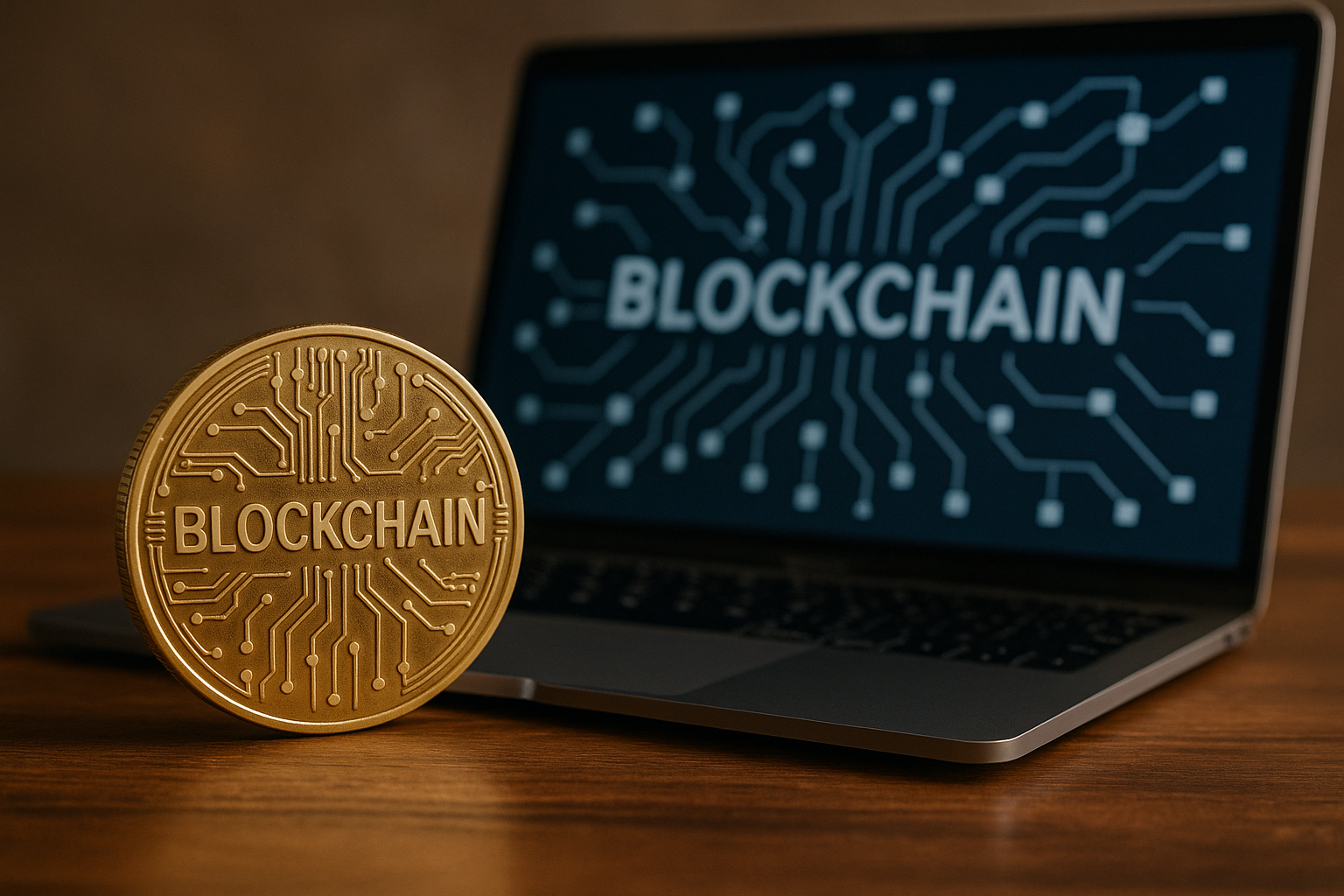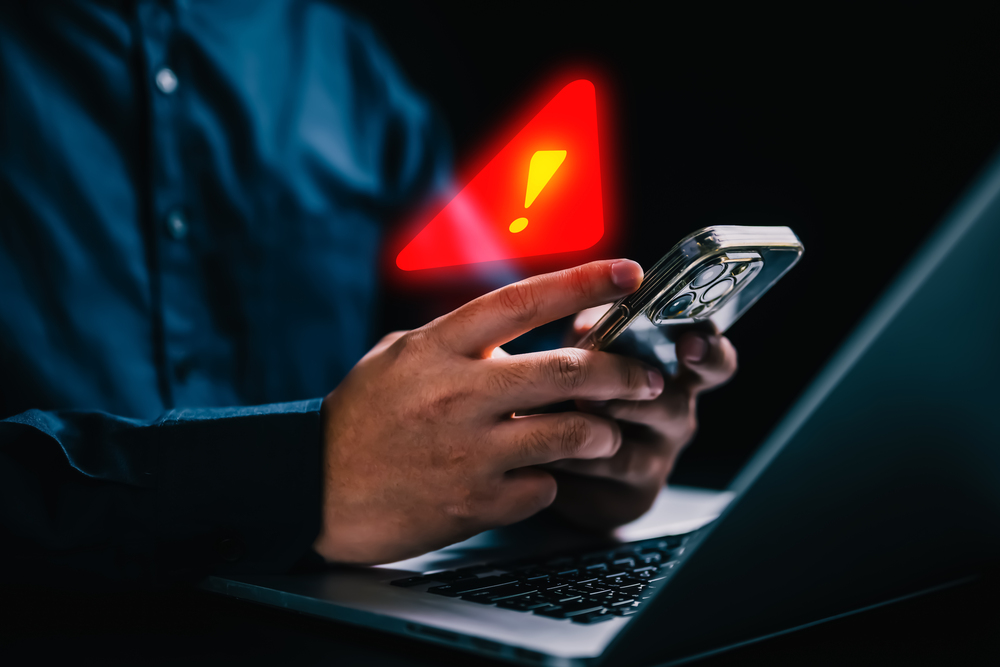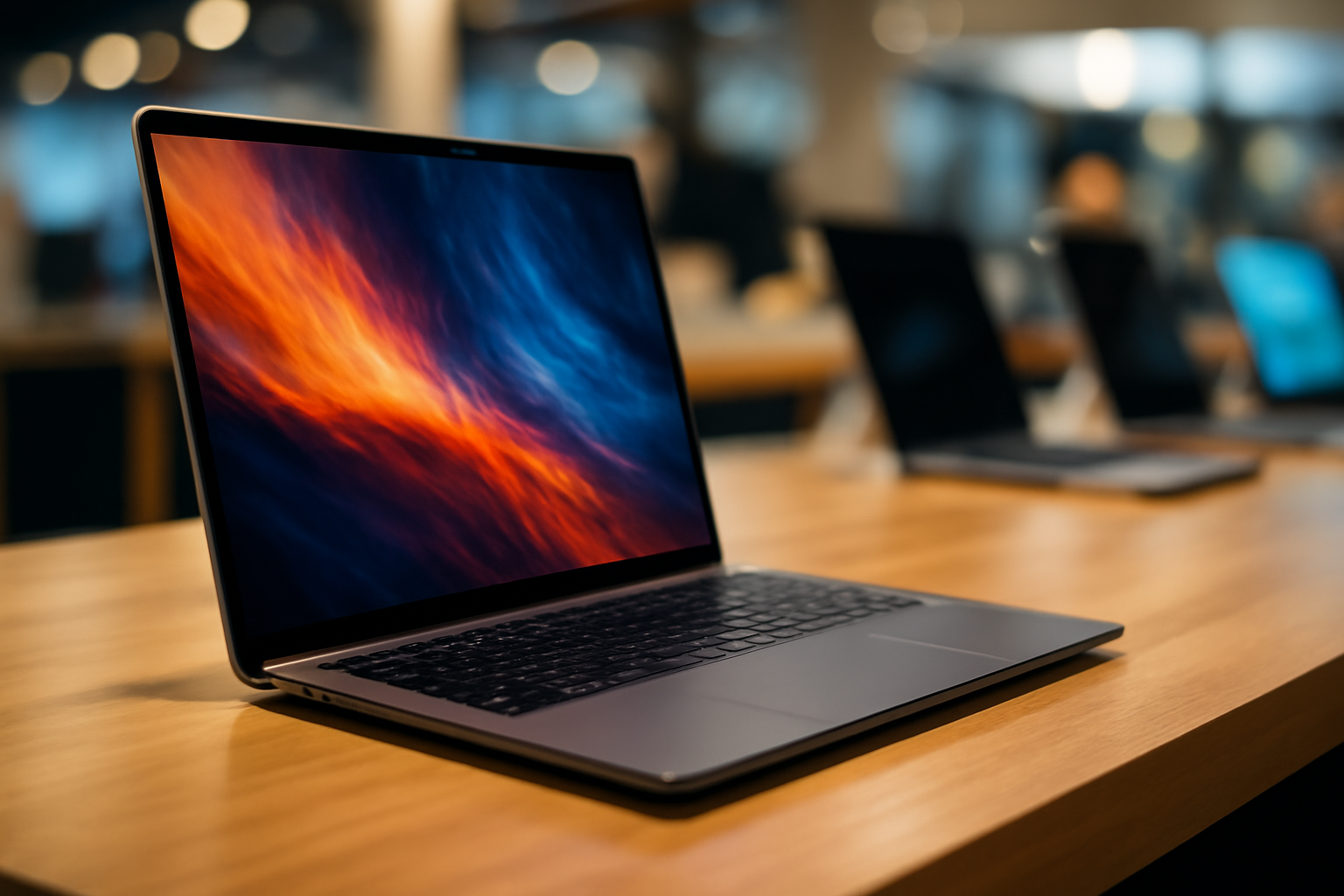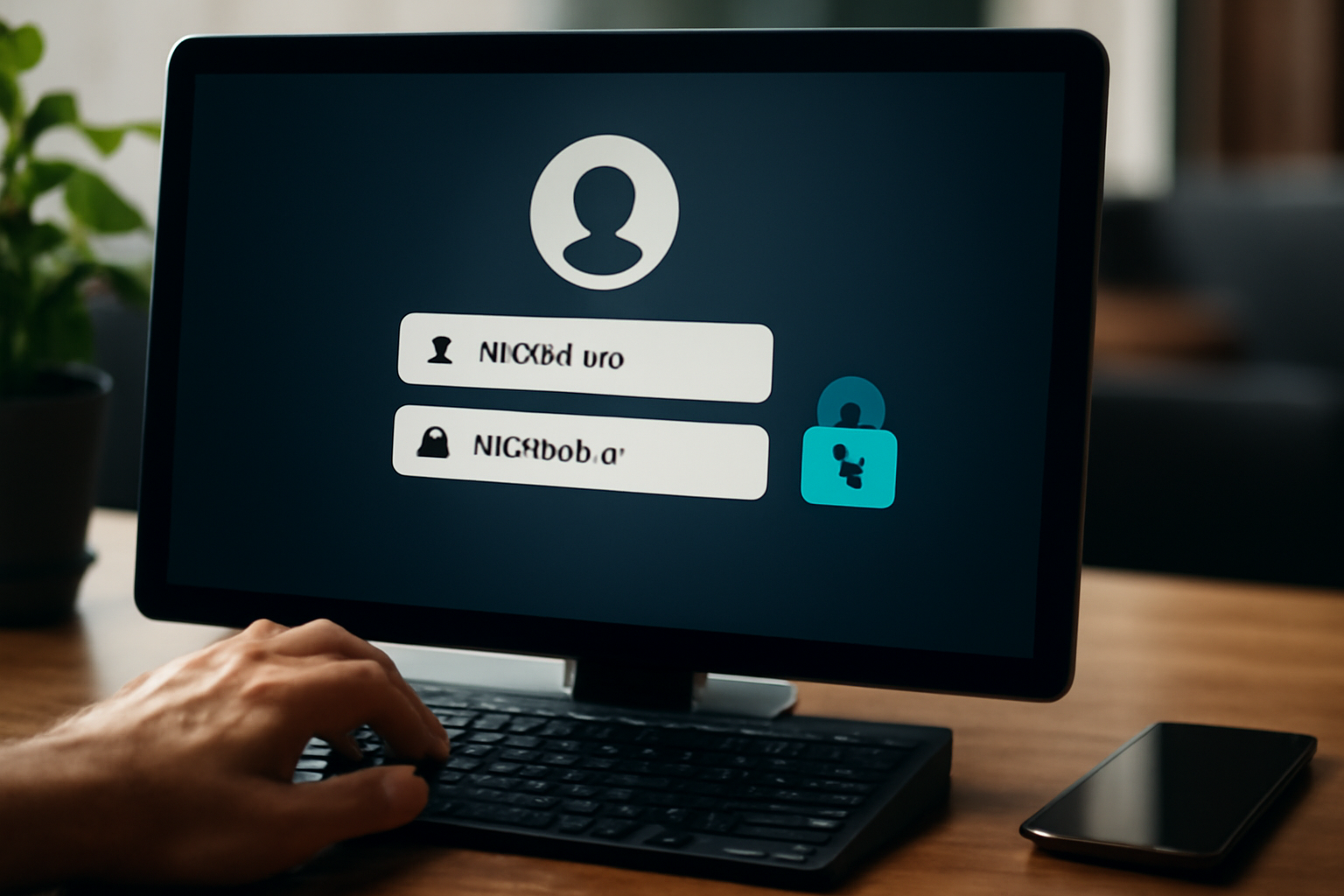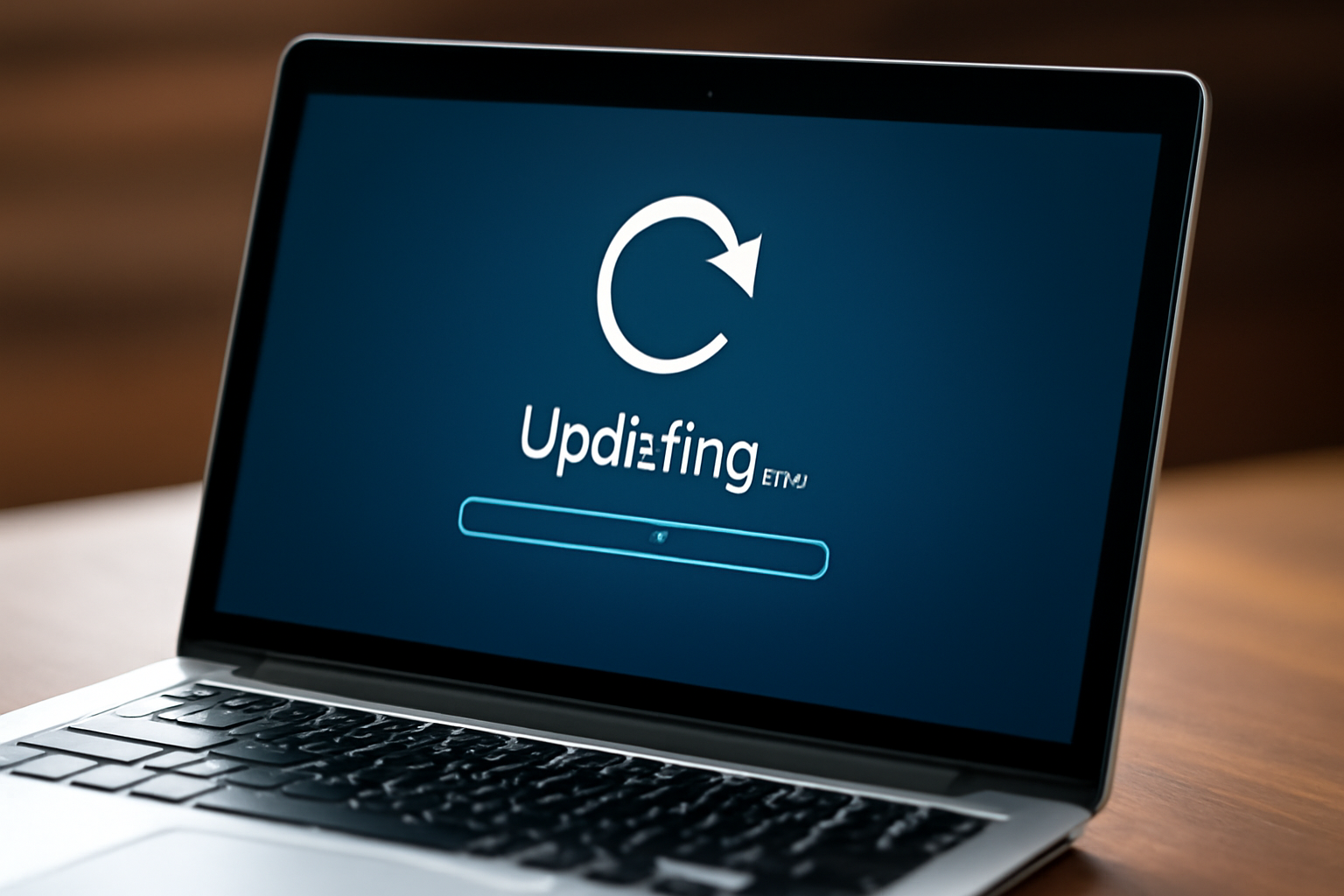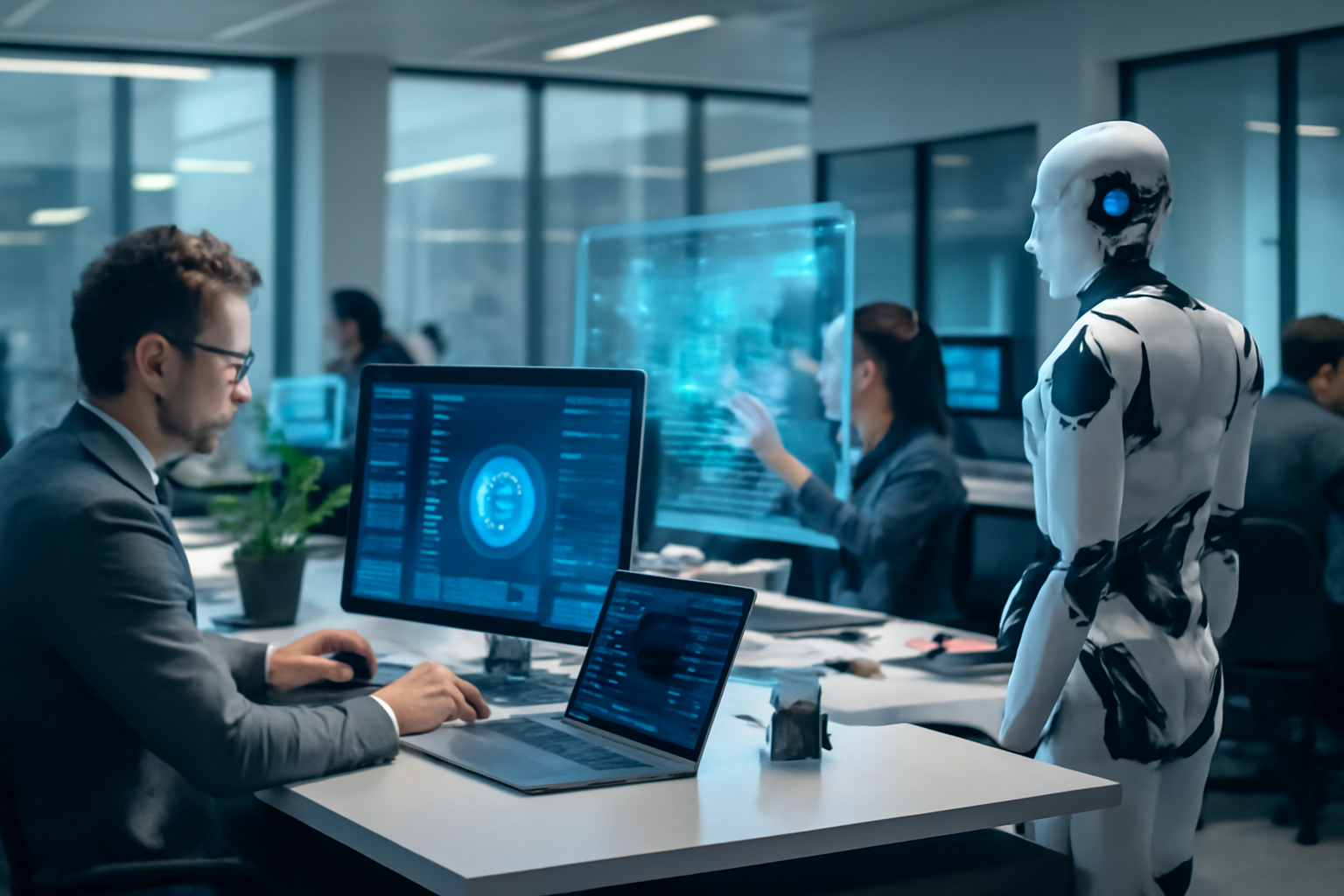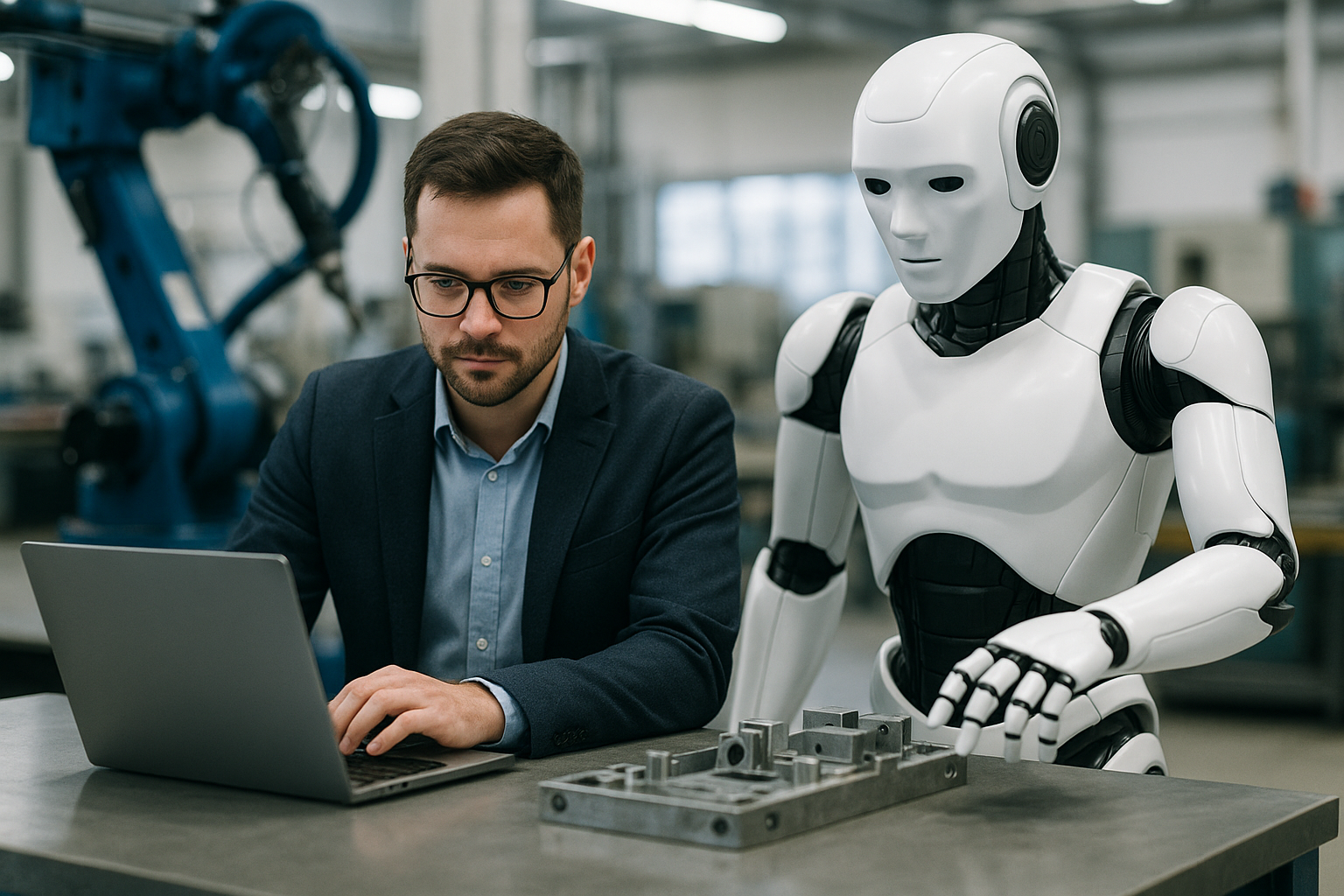We live in a world more connected than ever. From smart homes to online banking, from social media to e-commerce, nearly every aspect of our personal and professional lives now involves the internet. But with this incredible connectivity comes a shadow: cyber threats.
Cybersecurity, once considered a concern only for large corporations or governments, is now a critical priority for individuals, small businesses, and global enterprises alike. It’s not just about installing antivirus software anymore—it’s about protecting digital lives from increasingly sophisticated attacks.
In this article, we’ll explore why cybersecurity matters so much today, how it affects both personal and business life, and what practical steps anyone can take to build a safer digital future.
What Is Cybersecurity, Really?
Cybersecurity refers to the protection of computer systems, networks, and data from unauthorized access, attacks, damage, or theft. It involves a range of technologies, processes, and best practices designed to keep information confidential, integral, and available.
The three pillars of cybersecurity are often known as the CIA triad:
- Confidentiality – Keeping data private and secure
- Integrity – Ensuring data is accurate and unaltered
- Availability – Making sure systems and data are accessible when needed
These principles apply whether you’re safeguarding a personal smartphone or managing a global IT infrastructure.
Why Cybersecurity Matters to Everyone
1. Personal Data Is Valuable
Your personal data—name, email, passwords, credit card details, medical records—is a goldmine for cybercriminals. Even seemingly harmless information can be used in phishing attacks, identity theft, or blackmail.
A compromised social media account can lead to reputation damage. A leaked banking login can lead to drained savings. A stolen identity can take months or even years to fully resolve.
2. Small Businesses Are Big Targets
Contrary to popular belief, hackers don’t only target large companies. In fact, small and medium-sized businesses (SMBs) are often seen as low-hanging fruit because they typically lack strong cybersecurity measures.
According to Verizon’s Data Breach Investigations Report:
“43% of cyberattacks target small businesses.”
One successful attack can shut down operations, cause data loss, destroy customer trust, and result in massive financial loss or even legal action.
3. The Cost of a Breach Is Sky-High
Cybercrime damages are predicted to reach $10.5 trillion annually by 2025, according to Cybersecurity Ventures. For businesses, the average cost of a data breach is over $4 million—but the damage isn’t just financial. There’s also the loss of trust, productivity, and reputation.
4. Remote Work Has Changed the Game
The shift to remote and hybrid work environments during and after the pandemic has opened new vulnerabilities. Employees now work on personal devices, use unsecured Wi-Fi, and rely on cloud services more than ever—making endpoint security and user education critical.
Common Types of Cyber Threats (And Real-World Examples)
Cyber threats come in many forms, and understanding them is the first step in defense. Here are some of the most common:
1. Phishing
A cybercriminal pretends to be a trustworthy entity (like your bank or company) to trick you into giving up sensitive information.
🟢 Example: You receive an email claiming there’s an issue with your account and asking you to “log in” via a fake link. Once you do, the attacker steals your credentials.
2. Ransomware
This is a type of malware that encrypts your files and demands payment (usually in cryptocurrency) to unlock them.
🟢 Example: The WannaCry attack in 2017 affected over 200,000 computers in 150 countries, crippling hospitals, banks, and governments.
3. Data Breaches
Hackers gain unauthorized access to sensitive information such as customer data, trade secrets, or credit card numbers.
🟢 Example: In 2018, Marriott disclosed a breach of 500 million guests’ personal data, including passport numbers.
4. Social Engineering
Manipulating people into revealing confidential information through deception rather than technical hacking.
🟢 Example: A hacker calls pretending to be IT support and asks an employee to “verify” their password.
5. DDoS Attacks (Distributed Denial of Service)
Overloading a system or website with traffic to render it unusable.
🟢 Example: In 2016, a DDoS attack on DNS provider Dyn temporarily took down major sites like Twitter, Netflix, and Reddit.
How Cybersecurity Protects Individuals
Cybersecurity isn’t just for businesses. Here’s why every individual should care deeply about digital safety:
1. Identity Theft Prevention
Cybersecurity tools like antivirus software, secure browsers, and password managers can reduce the risk of identity theft, which affects millions each year.
2. Financial Security
From banking to shopping, financial transactions are increasingly digital. Secure payment gateways, two-factor authentication, and encrypted connections protect your money.
3. Digital Privacy
With the rise of smart devices, even your refrigerator or voice assistant might collect data. Cybersecurity ensures that only you and trusted parties have access to your information.
4. Peace of Mind
Knowing your devices, accounts, and data are secure provides mental clarity and confidence, especially for those working remotely or managing online businesses.
How Cybersecurity Protects Businesses
A solid cybersecurity strategy is no longer optional for any organization. Here’s how it impacts business success:
1. Protects Customer Trust
Clients want to know their data is safe. A single breach can cause irreparable brand damage. Demonstrating strong cybersecurity practices builds trust and loyalty.
2. Ensures Business Continuity
From backups to intrusion detection systems, cybersecurity ensures that even if an attack occurs, the business can recover quickly and avoid prolonged downtime.
3. Legal and Regulatory Compliance
Many industries are governed by data protection laws (e.g., GDPR, HIPAA, CCPA). Non-compliance can lead to hefty fines and lawsuits.
4. Competitive Advantage
Companies that invest in cybersecurity can differentiate themselves in the market by promoting their commitment to data protection.
Practical Cybersecurity Tips for Individuals
You don’t need to be a tech expert to improve your personal cybersecurity. Here are some real-world, easy-to-apply steps:
🔐 Use Strong and Unique Passwords
Avoid “123456” or “password.” Use complex combinations and never reuse passwords across sites. Consider a password manager like 1Password or Bitwarden.
🔒 Enable Two-Factor Authentication (2FA)
This adds an extra layer of security by requiring a code (via SMS, app, or email) in addition to your password.
🧠 Stay Skeptical
If something feels off, it probably is. Don’t click unknown links or download attachments from unfamiliar senders.
🛡️ Keep Devices and Software Updated
Patches and updates often contain security fixes. Delaying them exposes you to known vulnerabilities.
🌐 Use a VPN on Public Wi-Fi
When using coffee shop or airport Wi-Fi, a Virtual Private Network encrypts your data, preventing snooping.
Practical Cybersecurity Tips for Businesses
For organizations, investing in cybersecurity goes beyond just IT—it’s a leadership and culture issue.
1. Train Employees
Human error causes the majority of breaches. Conduct regular training on phishing, password security, and safe browsing.
2. Perform Risk Assessments
Identify critical assets, weak points, and possible threats. Create a mitigation plan and review it often.
3. Implement Multi-Layered Defense
Use firewalls, endpoint protection, intrusion detection, encryption, and backup systems. A layered approach reduces the chance of a total breach.
4. Set Access Controls
Employees should only access what they need. Use role-based permissions to minimize exposure.
5. Backup Regularly
Frequent, automated backups ensure your business can recover quickly from ransomware or system failures.
The Human Side of Cybersecurity
It’s easy to think of cybersecurity as purely technical—but it’s also deeply human.
- Behind every compromised account is a person struggling to recover.
- Behind every phishing email is a scammer manipulating emotions.
- Behind every security team is a group of people trying to protect others.
This human element reminds us that cybersecurity is ultimately about people helping people stay safe. Technology is just the tool—we’re the guardians.
Emerging Trends in Cybersecurity
Cybersecurity evolves quickly. Here are some key trends shaping the future:
1. AI and Machine Learning
AI can analyze massive amounts of data to detect threats faster than humans. It powers:
- Real-time threat detection
- Anomaly recognition
- Automated response systems
2. Zero Trust Architecture
This model assumes no user or system is trustworthy by default. Every access request is verified, improving protection in cloud and remote environments.
3. Cloud Security
As more businesses migrate to the cloud, tools that secure cloud infrastructure, apps, and data are becoming essential.
4. Cybersecurity-as-a-Service (CaaS)
Small businesses can now subscribe to affordable security services, gaining enterprise-level protection without large IT teams.
Final Thoughts: Cybersecurity Is a Shared Responsibility
Cybersecurity isn’t just the responsibility of IT departments or governments. It’s a shared responsibility that starts with awareness and ends with action.
Whether you’re managing a company or browsing on your phone, your actions matter:
- Every secure password you create
- Every phishing email you avoid
- Every update you install
- Every employee you train
…they all build a safer, stronger digital ecosystem.
The internet is one of humanity’s greatest achievements—but only if we keep it secure. So let’s treat cybersecurity not as a chore, but as a crucial part of living and doing business in the digital age.
